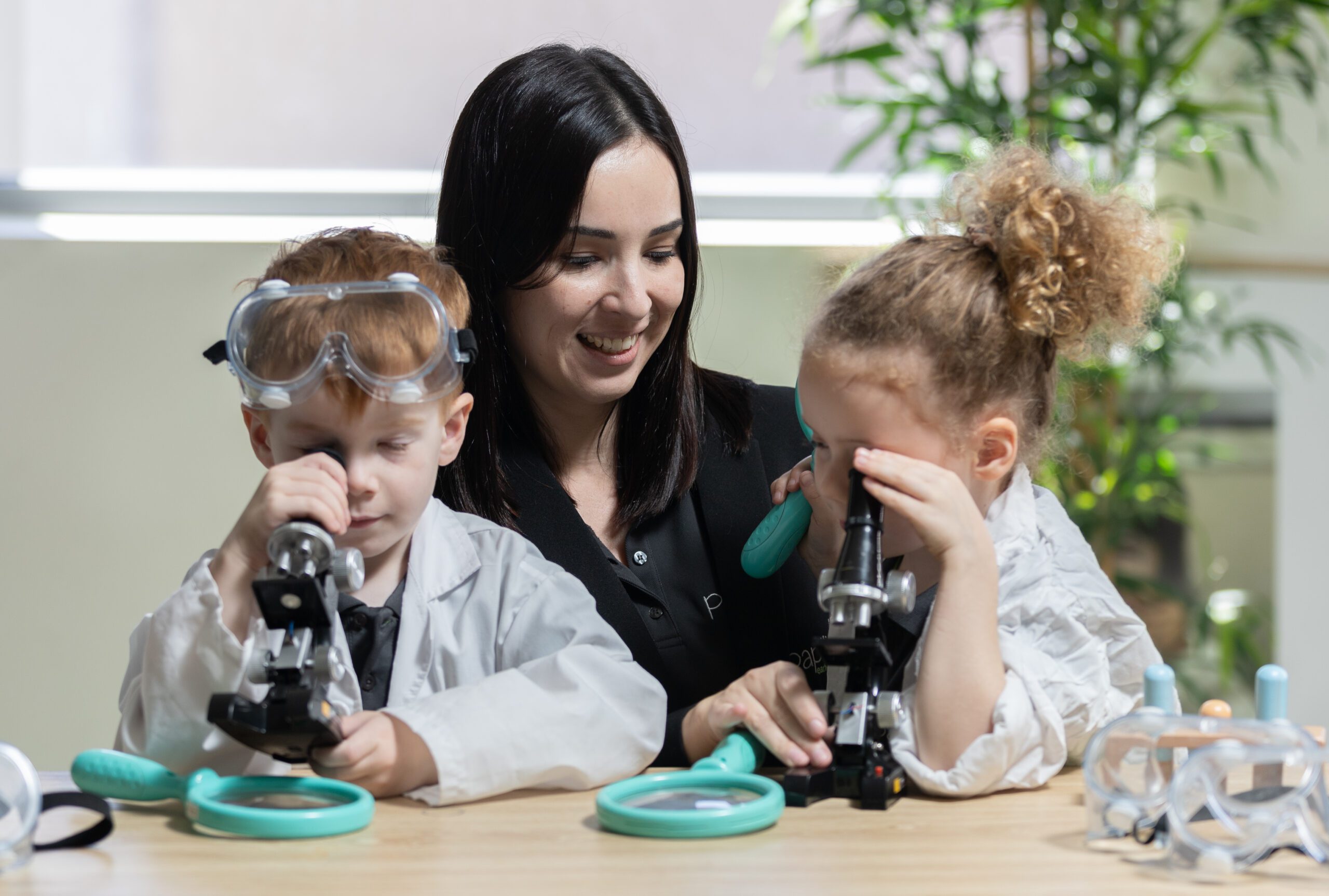
With Graduation done and dusted, you and your child may be nervous about the transition into Big School. Here are five tips to support your child with this significant milestone and set them up for success.
- Transparency and open communication.
- Validate your child's feelings and provide them with a safe space to express and regulate their emotions.
- Encourage independence.
- Being completely connected with your child's learning.
- Meet your child's teacher and role model positive relationships.
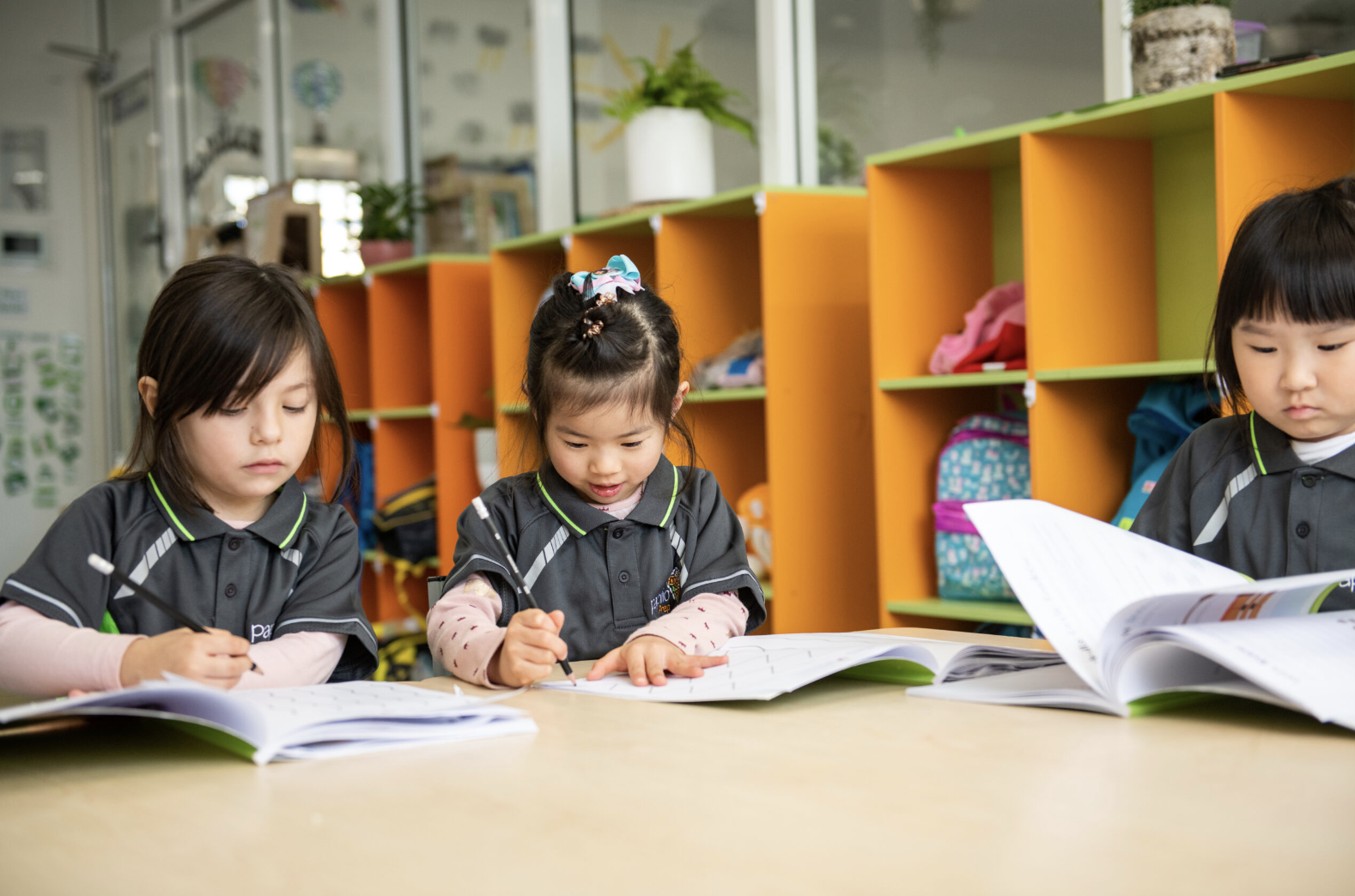
More ways to support your child's progression to big school
Transparency and communication about change can often support your child with feeling a sense of ease when transitioning into such a new world. Some changes you might see worth discussing could be transportation changes, which may go from car drop off to bus drop off. Other changes include the sound and purpose of the bell or knowing where to locate the bathroom during recess and lunchtime.
As adults, we can remember how overwhelming it may have been to change workplaces. Moving to an unfamiliar space is a vast process, and having a safe space to share our emotions throughout the journey allows for an opportunity to discuss feelings to be heard or create solutions. In turn, there is an opportunity to build resilience and adapt to change, an ongoing factor in our everyday life, including the transition to Big School.
Encouraging your child to perform and assist with some self-help tasks, such as putting their shoes on, carrying their bag, washing their hands, and labelling their belongings, can make the transition to school much smoother. These activities can boost your child's confidence and promote a sense of capability. A consistent routine is key for them to gain a sense of control and independence.
Staying informed about your child's day can provide talking points for conversations. You may discuss the learning experiences with them, ask about their peers, and view the Storypark updates sent by your Lifelong Learning Centre. You can reinforce some key concepts and support their learning by revisiting these educational experiences with your child, which can foster conversations about their day at big school and support recollection of information.
Meeting your child's teacher before the transition can support your child in feeling a sense of belonging when they see positive relationships being role-modelled. Not only will this benefit your child's transition, but it could also ease your nerves as a parent!
Centres near you
Search for a centre near you
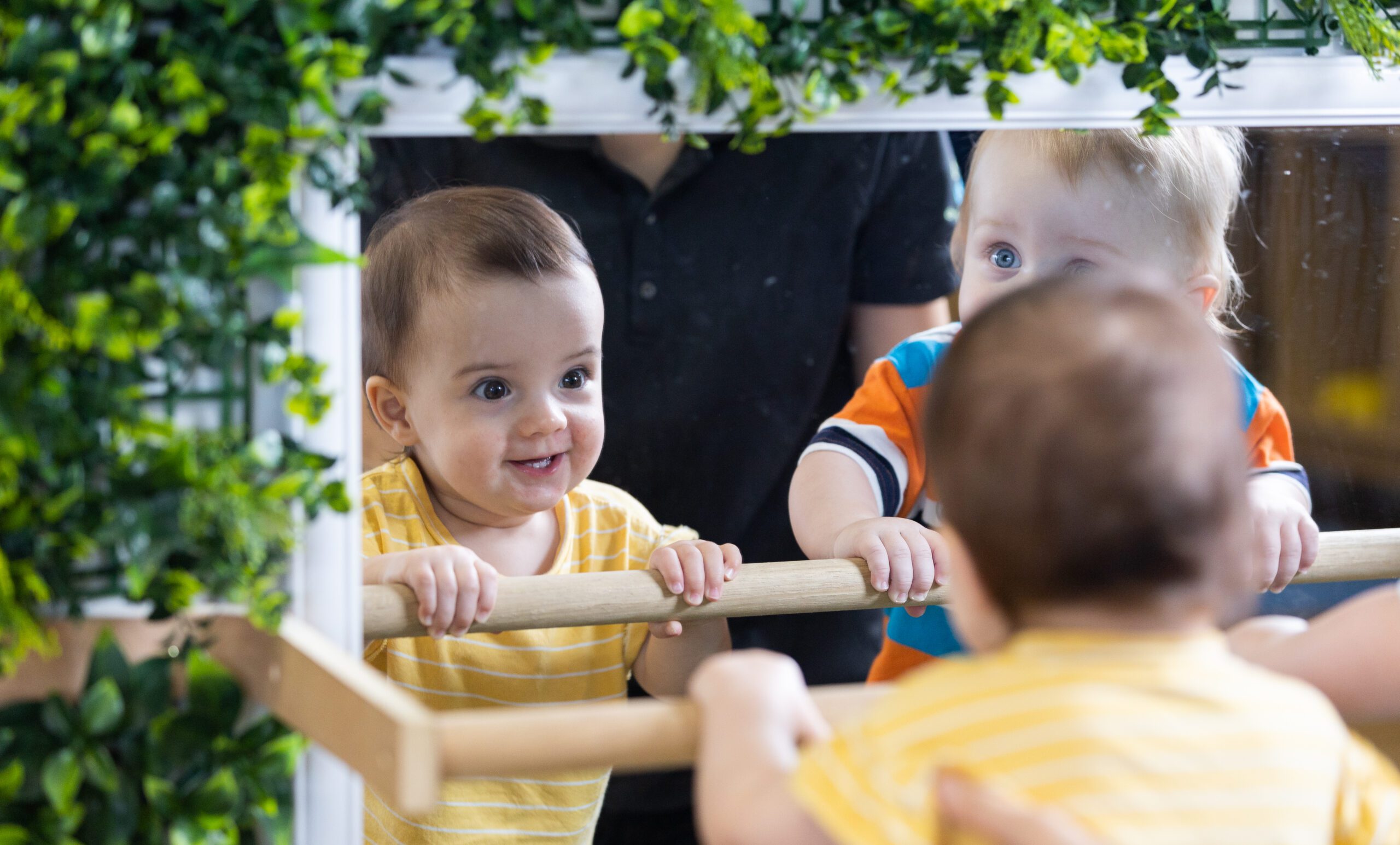
Healthy Beginnings
Babies aged 0-1 years
Your baby will start their lifelong learning journey in a safe, nurturing environment. Educators will:
- Develop strong, positive bonds;
- Encourage confidence to explore new surroundings;
- Spark curiosity through sensory experiences; and
- Establish helpful routines that support health and wellbeing.
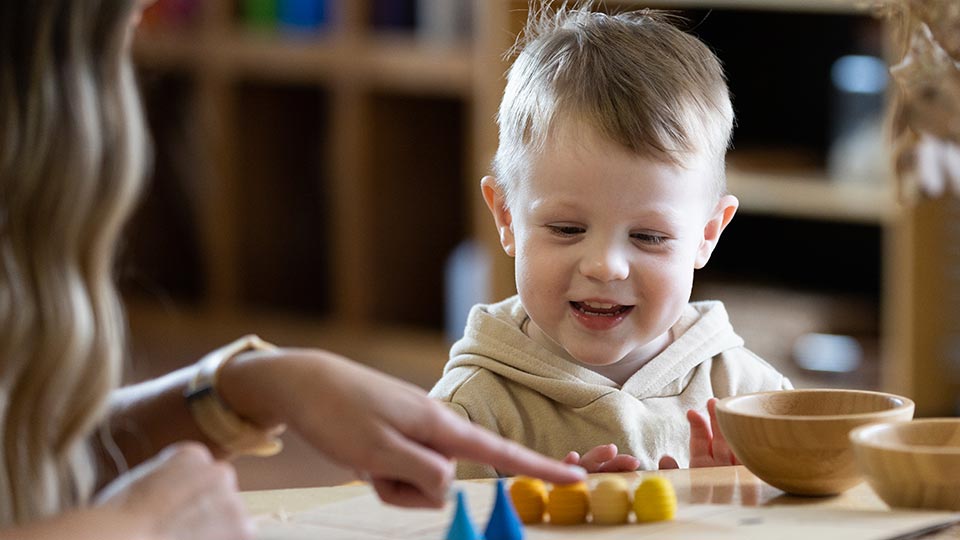
Early Experiences
Toddlers aged 1-3 years
Your toddler will enjoy an exciting environment in which to explore and experiment as their confidence and social skills emerge. Educators will:
- Introduce literacy and numeracy through learning games;
- Support self expression through language skills; and
- Develop social and friendship skills in group settings.
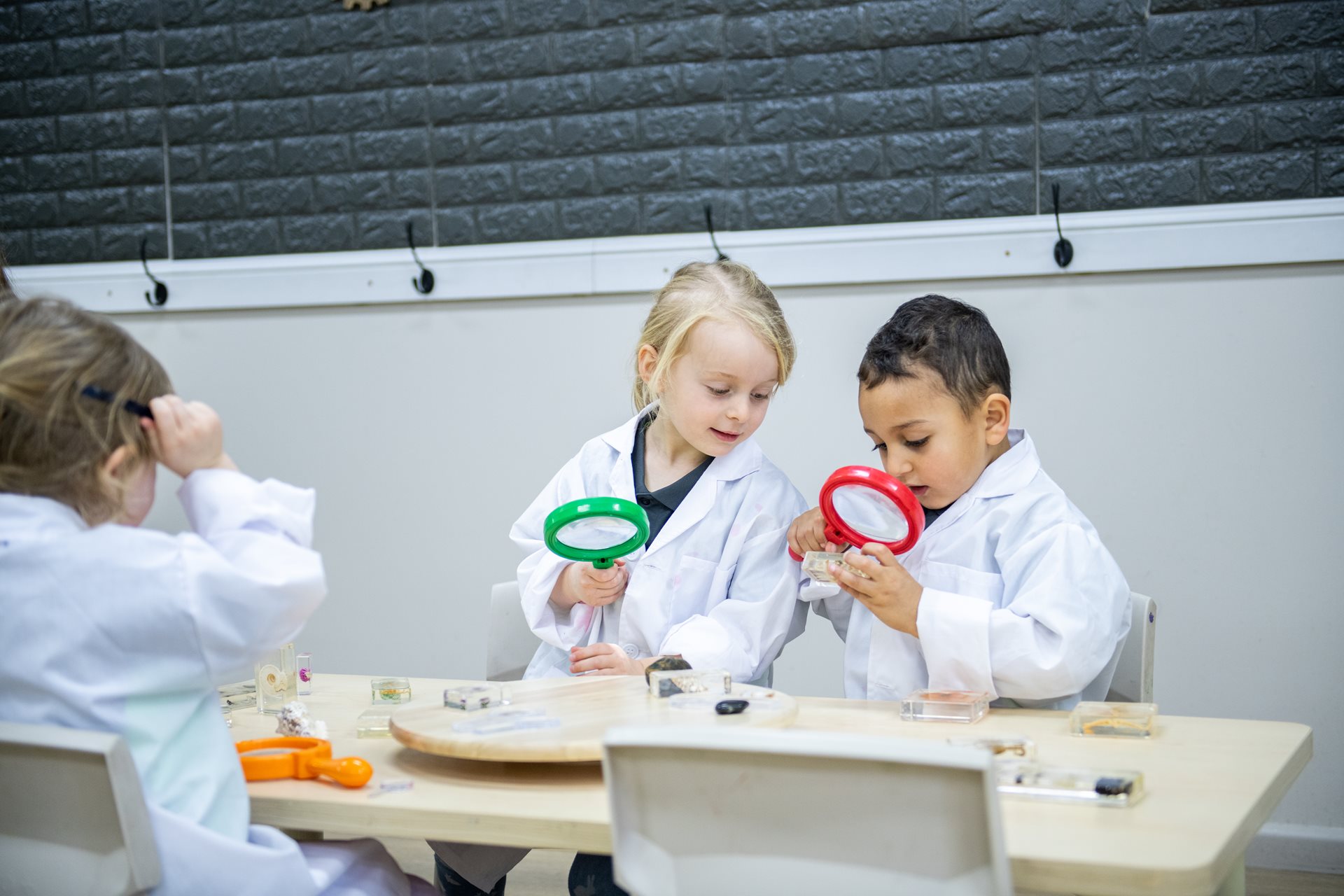
School Readiness
Children aged 3-5 years
Your child will be given the very best start before they begin Primary School where they will delve into enquiry based project work, and literacy and numeracy programs. Educators will:
- Guide self-awareness, self-help skills and socialisation;
- Investigate literacy, mathematics, science, technology and the arts;
- Stimulate creativity, deeper thinking and problem solving; and
- Prepare children for classroom environments through play-based preschool and kindergarten programs.
